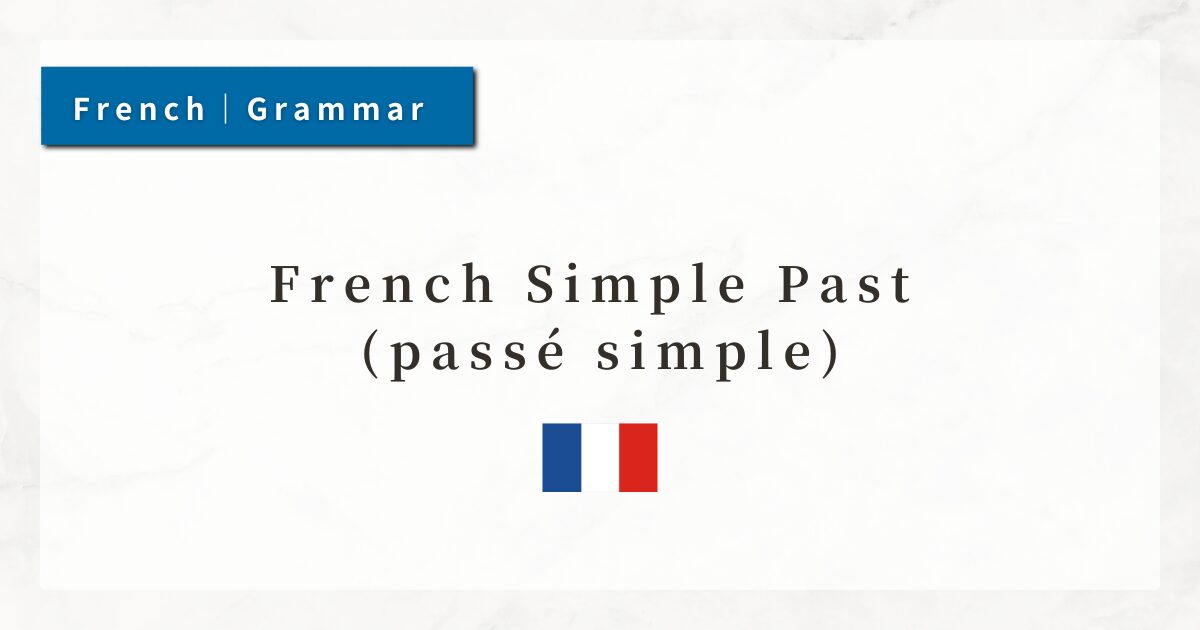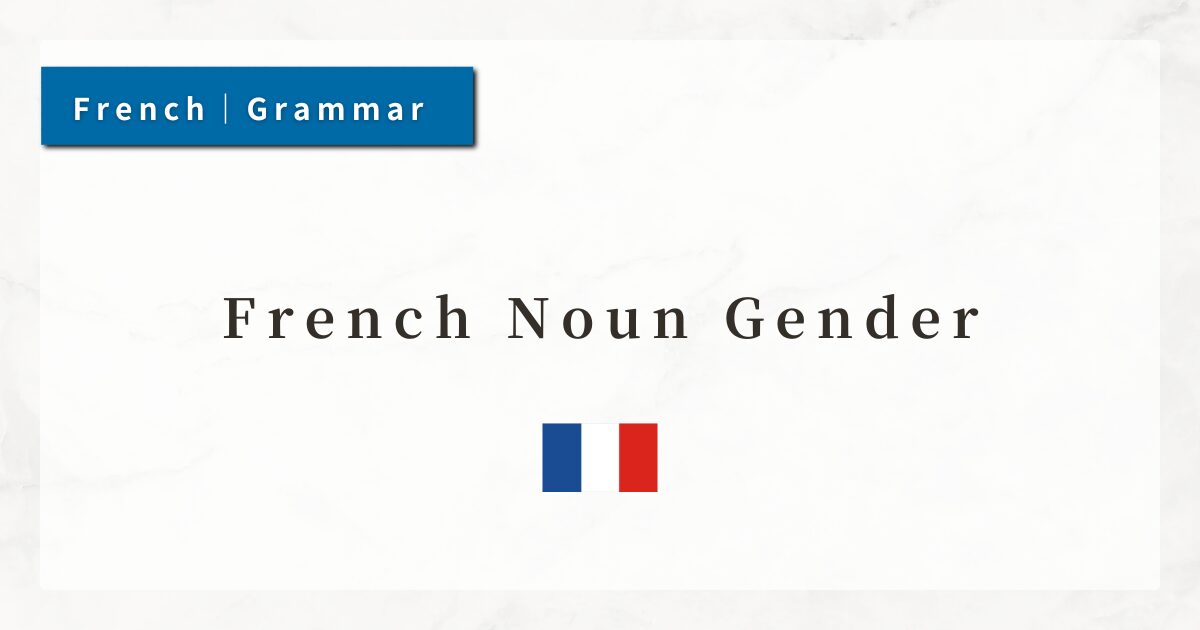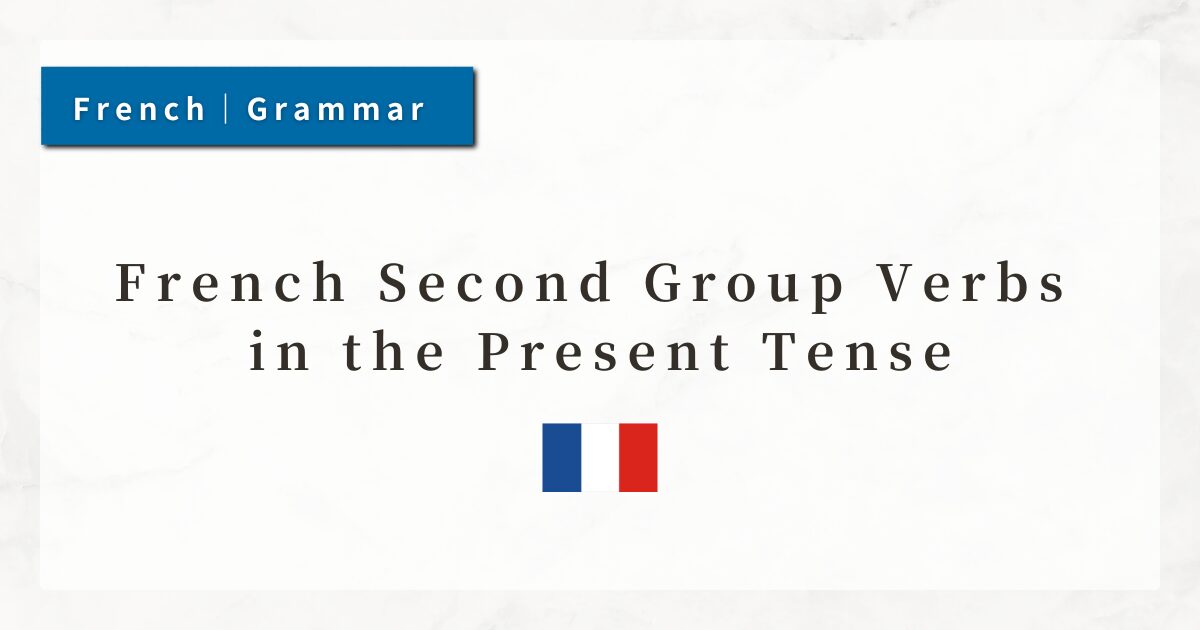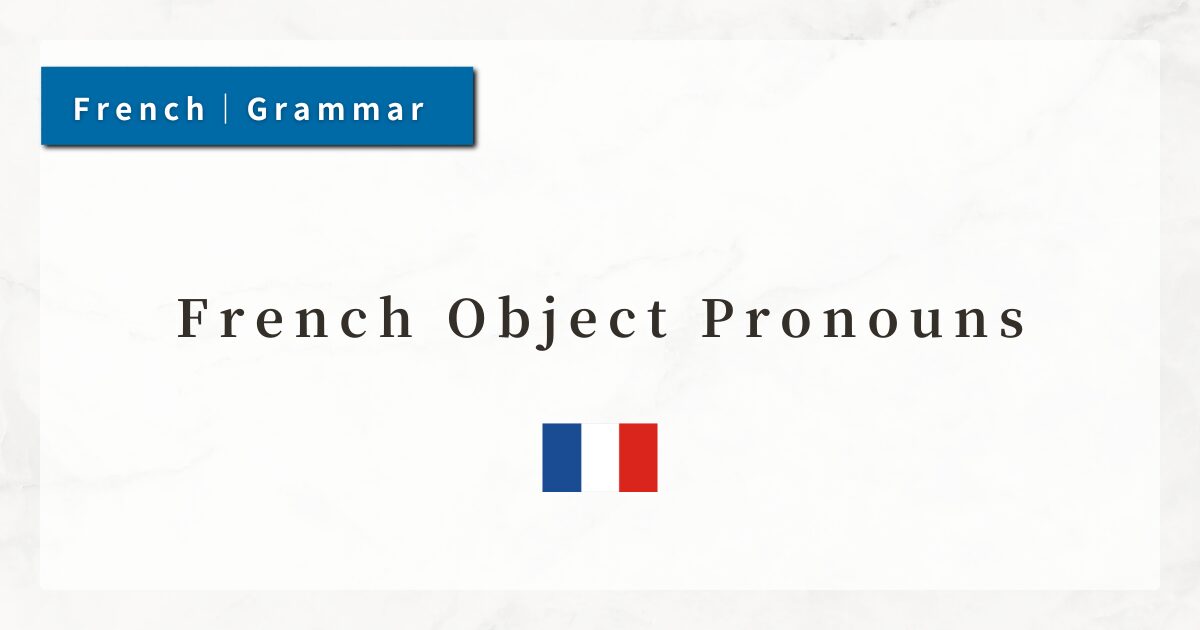#68 French Simple Past (passé simple) | Conjugation Table and Basic Rules

The French passé simple (simple past tense) is one of the tenses used to describe events that occurred in the past.
The passé simple is a special tense used exclusively in written language, such as in literature, novels, fairy tales, historical texts, and the narrative sections of newspaper articles. Therefore, it is rarely necessary for speaking, but it is essential for improving reading comprehension.
In this lesson, I will explain how to form the passé simple, its main uses, and important points to keep in mind.
1. Role and Characteristics of the Passé Simple
The defining characteristic of the passé simple is that it is used only in written language.
Like the passé composé, it expresses “completed actions in the past,” but it carries a more literary or narrative nuance.
- Passé composé (spoken French)
Hier, j’ai mangé au restaurant.
(Yesterday, I ate at a restaurant.) - Passé simple (literary/historical text)
Hier, il mangea au restaurant.
(Yesterday, he ate at a restaurant.)
Both forms convey the same meaning, but the passé simple has a storytelling or historical tone.
2. Conjugation of the Passé Simple
The passé simple endings vary depending on the verb group. Below are the basic rules.
2-1. er Verbs (Example: parler)
For -er verbs, the passé simple is formed with: stem + -ai, -as, -a, -âmes, -âtes, -èrent
| Person | Conjugation |
|---|---|
| je | parlai |
| tu | parlas |
| il/elle/on | parla |
| nous | parlâmes |
| vous | parlâtes |
| ils/elles | parlèrent |
2-2. -ir / -re Verbs (Examples: finir / vendre)
For -ir and -re verbs, the endings are: stem + -is, -is, -it, -îmes, -îtes, -irent
| Person | Conjugation (finir) |
|---|---|
| je | finis |
| tu | finis |
| il/elle/on | finit |
| nous | finîmes |
| vous | finîtes |
| ils/elles | finirent |
2-3. Irregular Verbs
Many verbs are irregular in the passé simple. The following are particularly important and should be memorized:
- avoir (to have):
j’eus, tu eus, il eut, nous eûmes, vous eûtes, ils eurent - être (to be):
je fus, tu fus, il fut, nous fûmes, vous fûtes, ils furent - faire (to do/make):
je fis, tu fis, il fit, nous fîmes, vous fîtes, ils firent - venir (to come):
je vins, tu vins, il vint, nous vînmes, vous vîntes, ils vinrent
3. Uses of the Passé Simple
3-1. Narrating Past Events
Used in literature or stories to narrate past events in a concise manner.
- Elle entra dans la pièce et regarda autour d’elle.
(She entered the room and looked around.)
3-2. Historical Facts and Official Records
Also frequently used in history books and official reports.
- Napoléon naquit en 1769 en Corse.
(Napoleon was born in 1769 in Corsica.)
4. Difference Between the Passé Simple and the Passé Composé
Both express past actions, but they differ in nuance and usage.
| Item | Passé simple | Passé composé |
|---|---|---|
| Usage | Written French (literature, history) | Spoken French (daily conversation) |
| Nuance | Formal, narrative, literary | Colloquial, everyday |
| Meaning | Completed past actions | Completed past actions |
| Frequency | Rare in modern use (reading-focused) | Very frequent (speech-focused) |
In conversation, the passé composé is almost always used, but in reading literature or articles, the passé simple appears frequently.
For this reason, understanding the passé simple is indispensable for reading French texts.
5. Summary
- The passé simple expresses completed past actions and is now used exclusively in written French.
- It appears often in literature, history books, and journalistic narratives.
- -er and -ir/-re verbs follow regular patterns, but many irregular verbs must be memorized.
- In speech, the passé composé is preferred, but the passé simple is essential for reading comprehension.




